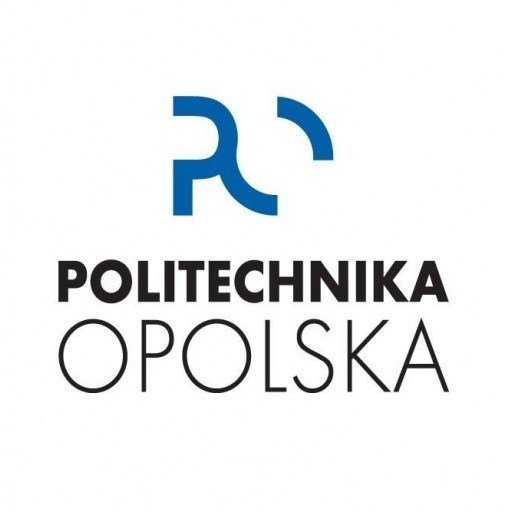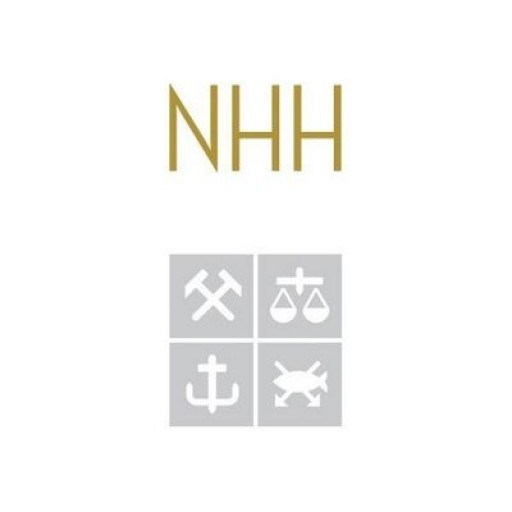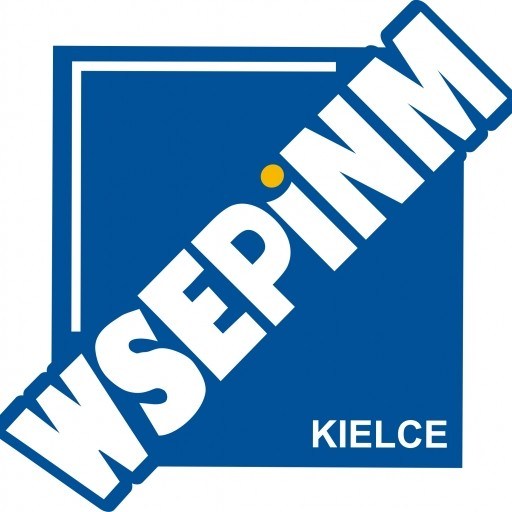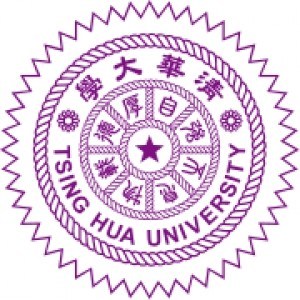Advertisement
The Master of Economic Studies is a course work only program which provides an excellent means of obtaining advanced-level qualifications in economic analysis, applied economics, economic development, economic policy, agricultural and resource economics, efficiency and productivity analysis, or economic history.
This is a flexible award that can provide a broadening course for those students wishing to extend their knowledge of economics, or a focused program for those students seeking a greater concentration in a particular area of the discipline. Students can study environmental economics, rural development policy, labour economics, macroeconomics and trade, theoretical and applied econometrics, finance and banking, agricultural and natural resource economics, public finance and business decision making, and economic history among a wide range of available options.
Learning Outcomes
Upon completion of this course, students will be able to: * proceed to higher degree research studies;
* analyse economic problems and data using formal analytical methods;
* use intermediate quantitative economic analytical methods;
* use intermediate estimation techniques expected in policy-related empirical work as a professional economist; and
* analyse the economic effects of policy changes.
Graduate Attributes
Knowledge of a Discipline
Master of Economic Studies students will develop an advanced knowledge in Economics through the learning and teaching activities associated within each unit and interaction with the unit coordinators, lecturers and tutors, including lectures, tutorials, workshops, online activities and discussion board. Knowledge will be assessed in examinations in most units, and in other various assessment methods.
Communication Skills
Communication skills include written and oral assignments, essays, and discussion board participation. In some units, students will present oral reports and presentations on topics or projects and be given advice on how to prepare these.
Global Perspectives
Many economic units provide students with a global perspective of economic and business considerations. Such aspects include economic globalisation, international finance, economic growth and international trade.
Information Literacy
Practised through use of internet, assignment preparation, the use of the Learning Management System, etc. Students will use web-based tools to search for economic information online. Students are also taught how to use computer software to work with economic data. Students are assessed on their skills in obtaining appropriate information for the written assignments. Instructions and assistance will be provided with regard to referencing and citation using the appropriate system.
Life-Long Learning
Lifelong learning academic skills are taught and practised through assignment and examination preparation. Students learn life skills such as how to collect economics data, build an economic model and study the relationships between economic variables.
Problem Solving
Assessments are typically focused on problem solving skills. A large part of the course is devoted to instructing students on obtaining relevant skills in approaching problems, determining what data is necessary, seeking the required economic data, analysing it, and drawing implications correctly. There is also a focus on mathematical economic problem solving in some economic units. Problem solving skills will be assessed in the written assignments and exams.
Social Responsibility
Examples of good and bad social responsibility practices are provided in the course content. In particular, issues of economic social responsibility are taught and practised through real life data collection and analysis.
Team Work
Students engage in teamwork through online discussion and class participation, particularly in answering tutorial questions.
Want to improve your English level for admission?
Prepare for the program requirements with English Online by the British Council.
- ✔️ Flexible study schedule
- ✔️ Experienced teachers
- ✔️ Certificate upon completion
📘 Recommended for students with an IELTS level of 6.0 or below.
The University offers a number of scholarships available to Australian citizens and permanent residents.











